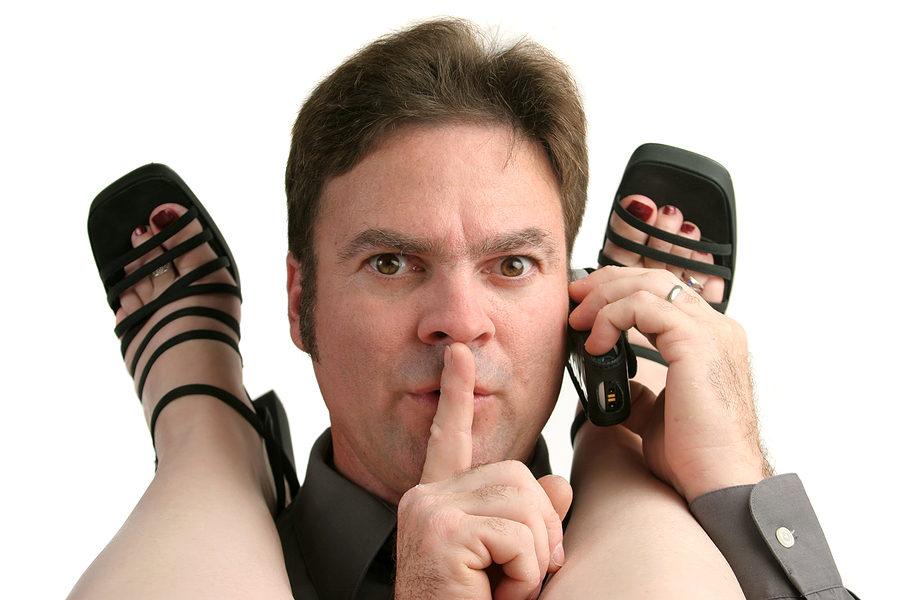Mental health after a partner cheats
By Liz Lockhart
When a partner cheats and gets caught out, it is not uncommon for both parties to have feelings of low self-esteem, depression and, for the person who has been cheated on, feelings of distrust and betrayal.
 ‘For many people, an affair is deeply traumatising and some marriages can’t recover from it’ said Jason Seidel, PsyD, founder and director of The Colorado Centre for Clinical Excellence in Denver. ‘But if you decide to work on your relationship post-affair, you must accept a hard truth – another affair can happen. This is the paradox of healing,’ he added.
‘For many people, an affair is deeply traumatising and some marriages can’t recover from it’ said Jason Seidel, PsyD, founder and director of The Colorado Centre for Clinical Excellence in Denver. ‘But if you decide to work on your relationship post-affair, you must accept a hard truth – another affair can happen. This is the paradox of healing,’ he added.
Partners who have been cheated on will often demand full access to their partner’s mobile phone, email, social network sites. If not given this access they may resort to sneaking around to get it. They see this as legitimate and essential t helping to re-establish trust in the relationship. Seidel said that this is a common belief but while this thinking is understandable, it simply doesn’t work.
The thoughts of Jason Seidel on this matter are published on World of Psychology which can be found on the PsychCentral website.
At the core of the necessity for access is ‘self-protection’. Partners need to feel that they are in control of their ‘other half’ and that if they are they could be spared from another betrayal. The subsequent feelings of distrust linger and can even be taken into new relationships. Betrayed partners can feel distrust in this and subsequent relationships and always prepare themselves for the worst.
In order to fully heal a relationship after an affair it is crucial to regain trust. To clutch at control will only serve to undermine the cheat’s willingness to own p to their actions and to then feel remorseful and accountable.
It can be necessary to have a period of grieving for the relationship that you have lost, even if you remain together. The relationship which you once thought you had is dead. The other partner must honour this grieving period and not try to rush it. It may also be necessary to mourn the loss of your naivety.
Seidel’s other advice to betrayed partners is to accept that your powers are limited, get clear on your own boundaries and build up resources like social support.
The partners who cheated also have a difficult time post-affair. Unless the affair is done in ‘a callous and cavalier way,’ they often struggle with a ‘sense of devastation, deep shame and fear.’ They lose their sense of self, in part because they didn’t believe that they were the type to commit adultery. The best way to heal and process these particular emotions may be in individual therapy where the unfaithful partner can sort through them with less defensiveness,” Seidel said.
It should always be acknowledged that effort to heal and rebuild the relationship requires the co-operation of both partners.





